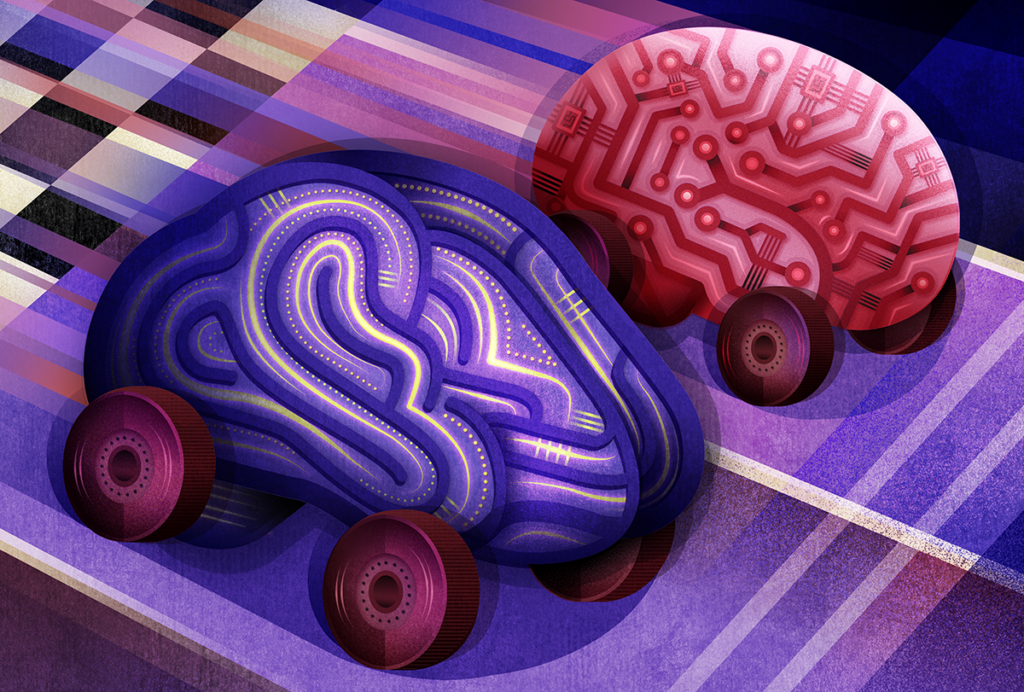A pregnant path to autism
In some pregnant women, antibodies intended to protect the mother from infection bind brain cells of the fetus, interfering with the fetus’ brain development and perhaps causing autism, according to a study in the March issue of Neurotoxicology.
In some pregnant women, antibodies intended to protect the mother from infection bind brain cells of the fetus, interfering with the fetus’ brain development and perhaps causing autism, according to a study in the March issue of Neurotoxicology.
Although this interaction happens in the womb, it may set off a series of reactions that lead to autism and don’t become obvious until much later, say researchers from the University of California, Davis’ M.I.N.D. Institute and the Center for Children’s Environmental Health.
In a follow up article in Brain, Behavior, and Immunity, David Amaral’s group at the M.I.N.D. institute finds that, at least in monkeys, this interaction seems to lead to repetitive behavior that is characteristic of autism.
The antibodies in question are of immunoglobulin G, which can pass through the placenta and protect the fetus from pathogens before its own immune system is mature. IgG antibodies have also been implicated in food allergies and autoimmune diseases such as arthritis, multiple sclerosis and lupus.
Researchers took blood samples from 123 mothers, 61 of whom have children with autism and 62 of whom have typically developing kids.
When the scientists exposed fetal brain tissue to IgG antibodies, they found that IgG reacts specifically against two unidentified fetal brain proteins in 7 of the 61 children with autism. None of the IgG samples from mothers in the control group showed this reactivity.
Amaral and his group then exposed four rhesus monkeys to IgG from mothers of children with autism and four to IgG from mothers of typically developing childen three times during the end of the first trimester of pregnancy. Five monkeys that received no IgG at all also served as controls.
Over the course of the next year and a half, the team found that offspring of the monkeys that received IgG from mothers of kids with autism had strikingly different behavior than normal. Specifically, they showed repetitive activities such as pacing, backflipping, twirling and swinging more and for longer than the other monkeys in the study.
These behaviors are analogous to children with autism who rock, flap their hands, twirl objects or walk on their toes, Amaral says.
It’s too early to talk about diagnosis or treatment based on these studies, but it’s intriguing that maternal immunity might so clearly be linked to some behaviors associated with autism.
What’s also interesting is that of the seven children in the first study, six apparently have regressive autism, in which children seem to develop normally before they lose their social or language skills.
That study was done with IgG taken from women who were two to five years beyond childbirth. Lead researcher Judy van de Water plans to test whether IgG taken from pregnant women who already have one child with autism has the same reactivity.
That kind of study would also allow the researchers to follow women through pregnancy and beyond and make associations between their immune profiles and autism diagnoses in their children later on.
Recommended reading

New organoid atlas unveils four neurodevelopmental signatures
Explore more from The Transmitter
Snoozing dragons stir up ancient evidence of sleep’s dual nature



